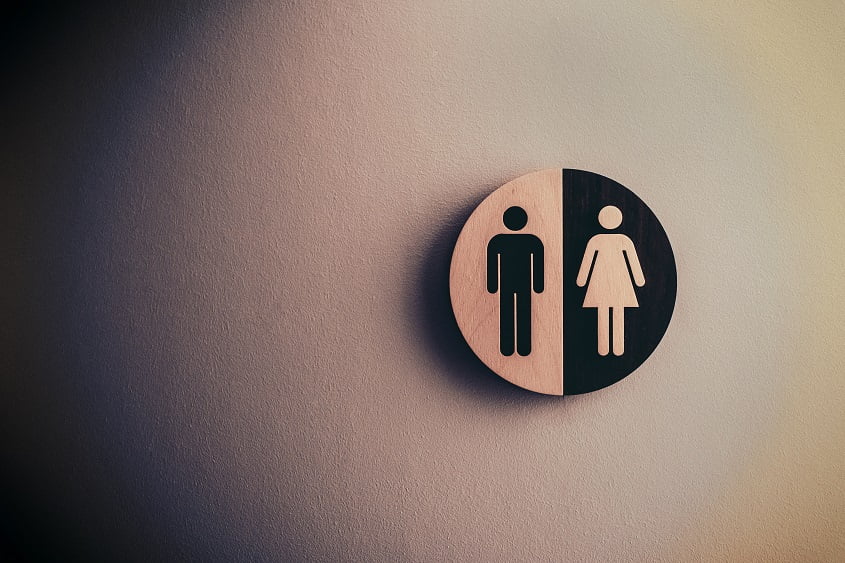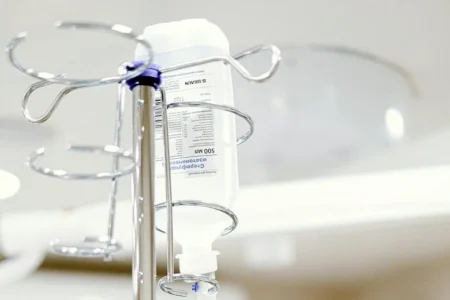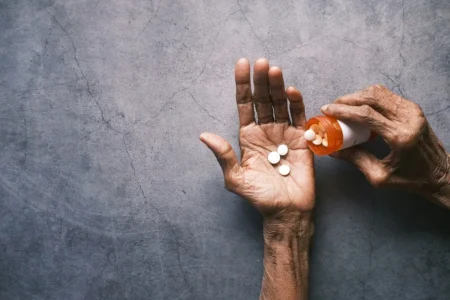6 Things That Will Help With a Weak Bladder
- Updated on: May 7, 2024
- 3 min Read
- Published on Apr 11, 2023


A weak bladder, or urinary incontinence as it is more formally known, is a big problem for many men, and especially women, around the world. It can be embarrassing not to be in control of your bladder, but you are not alone and there is nothing to be ashamed of with such a common condition.
Although you should not be embarrassed, you will probably want to do all you can to minimize the impact of a weak bladder, and that being the case, below you will find some things that will help to prevent those annoying leaks more effectively.
1. Pelvic floor exercises
Pelvic floor exercises, or Kegel exercises, are designed to strengthen the muscles that support the bladder, urethra, and other organs in the pelvic region. Regularly performing these exercises can improve bladder control and reduce episodes of incontinence.
To perform kegel exercises:
- Identify your pelvic floor muscles by stopping your urine flow midstream. The muscles used to stop the flow are your pelvic floor muscles.
- Contract these muscles for 3-5 seconds, then relax for the same amount of time. Aim for 10-15 repetitions, 3 times a day.
2. Enhance Wave
Many people who suffer from a weak bladder may find using the EnhanceWave procedure helpful. Enhance Waves was created as a non-invasive way of improving sexual function and pleasure in men and women using a unique electromagnetic propulsion technology. This technology has also proved helpful in reducing urinary incontinence in many women, so it is something definitely worth exploring.
3. Quit smoking
If you are a smoker, you should definitely get some help to quit because smoking can put undue stress on the pelvic floor area, making bladder leaks much more likely to occur. Quitting smoking may not be easy, but there is a lot of support out there, and it is one of the best things you can do for your overall health, not just your bladder.
4. Maintain a healthy weight
Excess weight is also something that can put a strain on your bladder and pelvic floor muscles, increasing your chances of leaking, so if you are overweight, going on a healthy eating regime and doing some exercise will really help.
5. Bladder training
Bladder training is a technique used to retrain your bladder to hold more urine for longer periods. This technique involves setting a fixed schedule for urinating and gradually increasing the time between bathroom visits. Start by going to the bathroom every 1-2 hours, even if you don’t feel the urge to urinate. Gradually increase the intervals by 15-30 minutes each week until you can comfortably hold your urine for 3-4 hours.
6. Double-voiding technique
Sometimes, your bladder might not empty completely during a single visit to the bathroom, leading to the feeling of needing to go again shortly after. The double-voiding technique can help ensure your bladder is fully emptied. To perform this technique:
- Urinate as usual, then stand up and walk around for a minute or two.
- Return to the bathroom and try to urinate again to empty any remaining urine.
As you can see, there are lots of things you can do to try and counteract the effects of urinary incontinence, but it is important that you see your physician for an official diagnosis and treatment plan too. The tips above should complement your doctor’s orders, not replace them.












